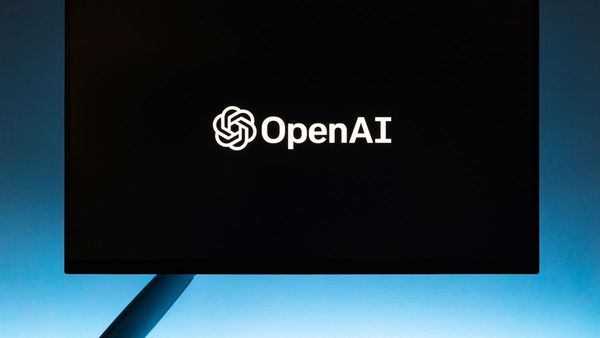OpenAI is at it again. The AI company is venturing into the realm of voice technology with a new AI tool capable of mimicking human voices… with astonishing accuracy. This innovative service, called Voice Engine, stands on the brink of transforming accessibility services. Voice Engine also is stirring up debates on the ethical implications of such a powerful tool.
What’s Happening & Why This Matters
Voice Engine requires just a 15-second voice sample to produce a near-identical voice clone. This technology promises a range of applications, from aiding individuals who have lost their ability to speak to offering reading assistance for children and translation services. However, its potential for misuse in creating disinformation or facilitating scams has raised eyebrows. OpenAI understands the needs for safeguards in an era of increasingly sophisticated AI-generated audio.
“We recognize that generating speech that resembles people’s voices has serious risks,” OpenAI acknowledges.
OpenAI’s cautious approach involves testing the Voice Engine with a select group of “trusted partners” in education and health technology sectors, ensuring that voices are replicated only with explicit consent and that AI-generated content is appropriately labeled.

The Bigger Picture
Voice Engine’s capability extends beyond mere voice replication; it can convert a sample from one language into multiple other languages while retaining the original speaker’s tone and accent. This feature highlights the tool’s potential to bridge communication gaps across cultures. However, OpenAI stresses the importance of robust authentication measures to prevent misuse, especially concerning high-profile figures.
TF Summary: What’s Next
As OpenAI treads carefully with Voice Engine, balancing innovation with ethical considerations, the technology’s future hinges on finding the right mix of widespread utility and stringent security measures. This development in AI voice technology holds the promise to enrich lives while challenging society to rethink digital identities and security.
The collective responsibility to safeguard against misuse becomes essential. We must ensure that the human voices remain personal, accurate, and protected.


